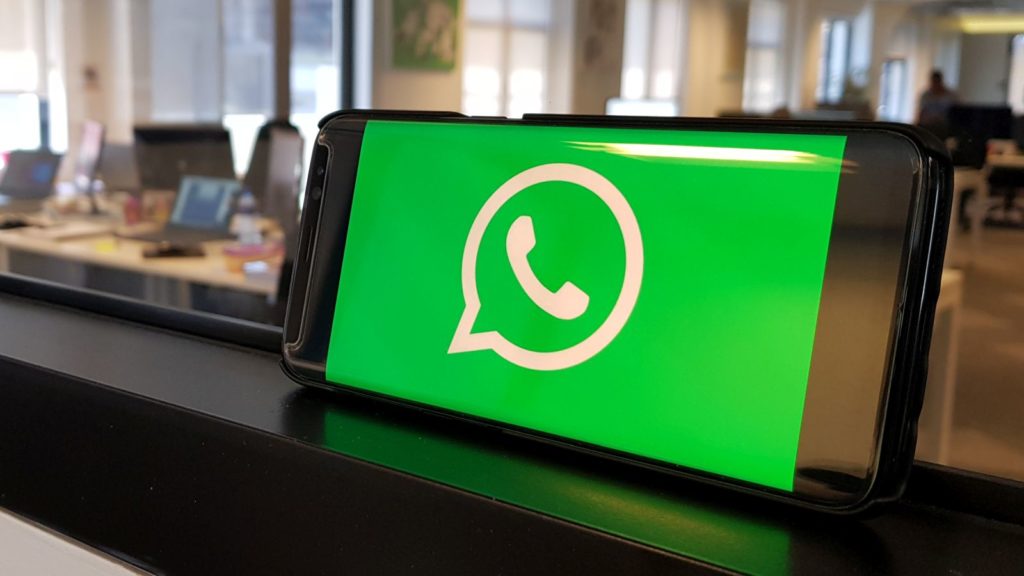A new WhatsApp scam is spreading across South Africa this week, tricking people into sending money to friends’ numbers that have been compromised.
The scam involves the attacker taking control of a WhatsApp contact’s number by porting said number to another network and SIM card in their possession.
No ad to show here.
Once the port is complete, the attacker then uses the number to fool contacts into transferring money to them, usually in the form of eWallet funds. In many cases, the number quoted is R1500.
A quick search on Twitter reveals just how widespread the issue is.
Colleague @lindosimelane's WhatsApp was hacked. He's found out the hacker ported the number from Cell C to MTN & asked many of us to eWallet R1500. Some of us picked up something was amiss so we verified with Lindo. I'm sure some deposited. @MTNza won't say who's using the number
— Siphumelele Zondi (@SZondi) January 5, 2020
So, my long time @WhatsApp number was hacked by an @MTNza customer, who is asking my contacts to send them money via @FNBSA eWallet.
None of the three companies are able to do anything about it.
The number is 074 828 3974. Please, don't fall for this scam. pic.twitter.com/7wTscdBqLO
— Poppy Cynthia Louw (@PCLouw) January 7, 2020
The did a sim-swop and did exactly the same on my line. Made R24000 on last count from my WhatsApp contacts. @MTNza couldn’t cancel the sim and was demanding of so much more from me then them. Took 9hrs to cancel the sim after my first report. The mobile providers are complicit
— Mlimandlela Ndamase (@PrinceNdamase) January 9, 2020
And this really is just the tip of the iceberg.
While number porting has long been an issue across mobile networks in South Africa, there’s at least a simple way to stop attackers from using your WhatsApp account: enable two-factor authentication.
Introduced back in February 2017, setting up a six-digit two-factor authentication code will prevent others from using your number for WhatsApp, even if you’ve fallen victim to number porting.
To enable it, read our extensive guide.
MyBroadband also has an excellent explainer on what to do when you receive a number port message from your network without your consent.
Ultimately, it goes without saying: don’t send cash to friends or family via WhatsApp, unless you’re absolutely sure of their identity.
Feature image: the WhatsApp logo, by Andy Walker/Memeburn
